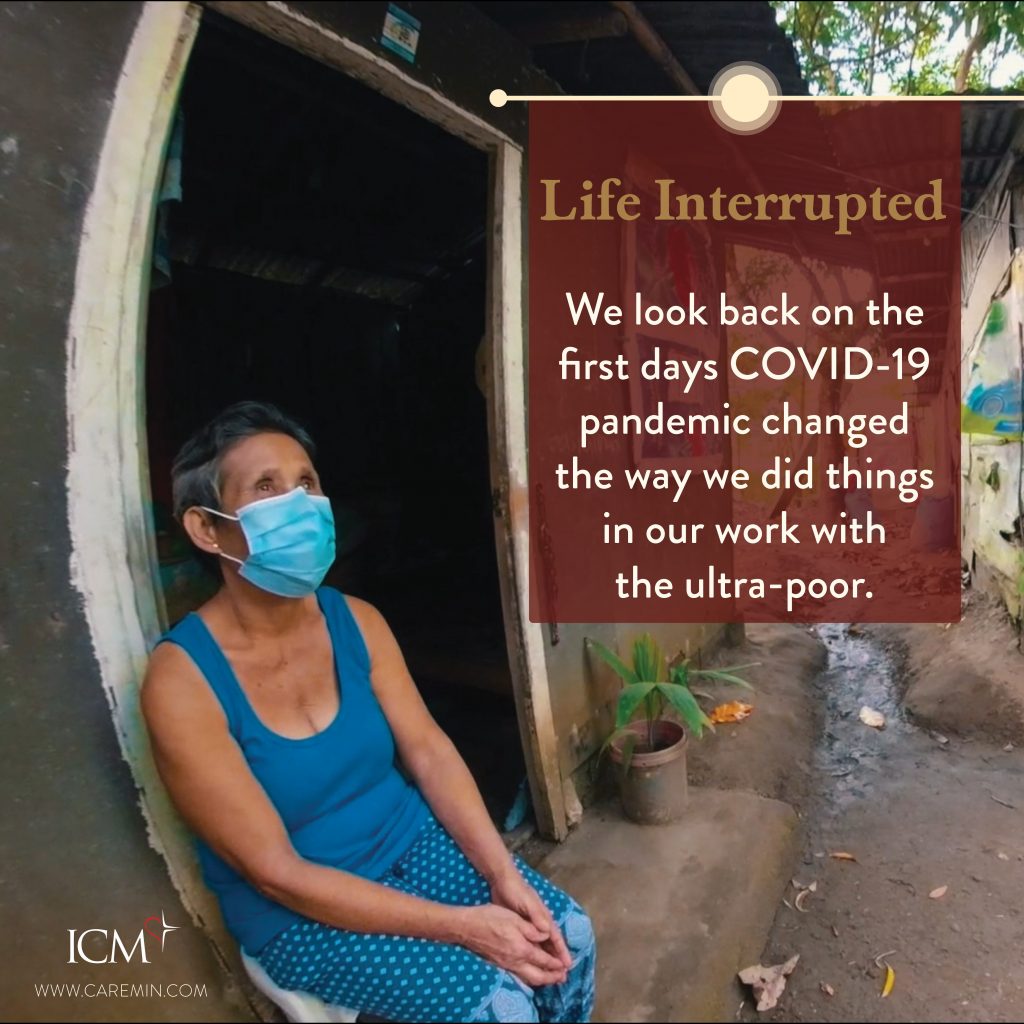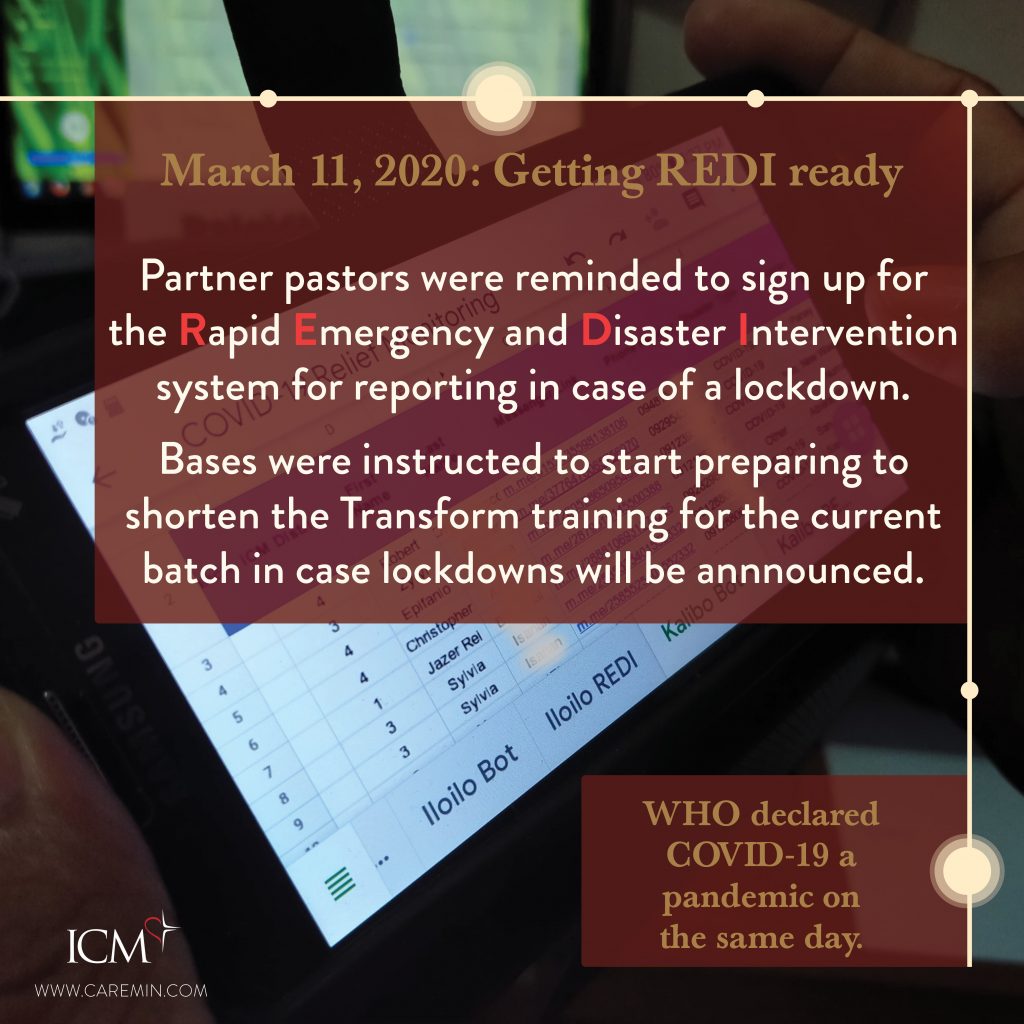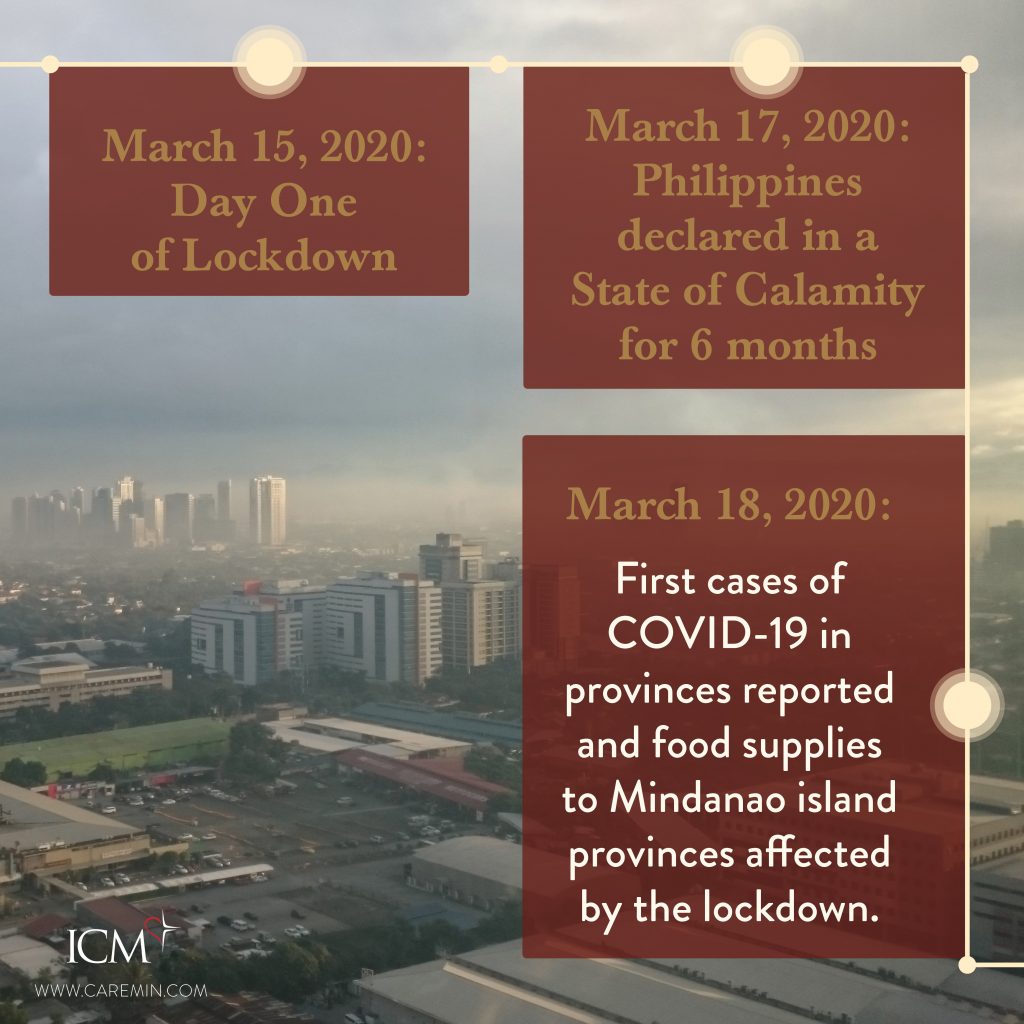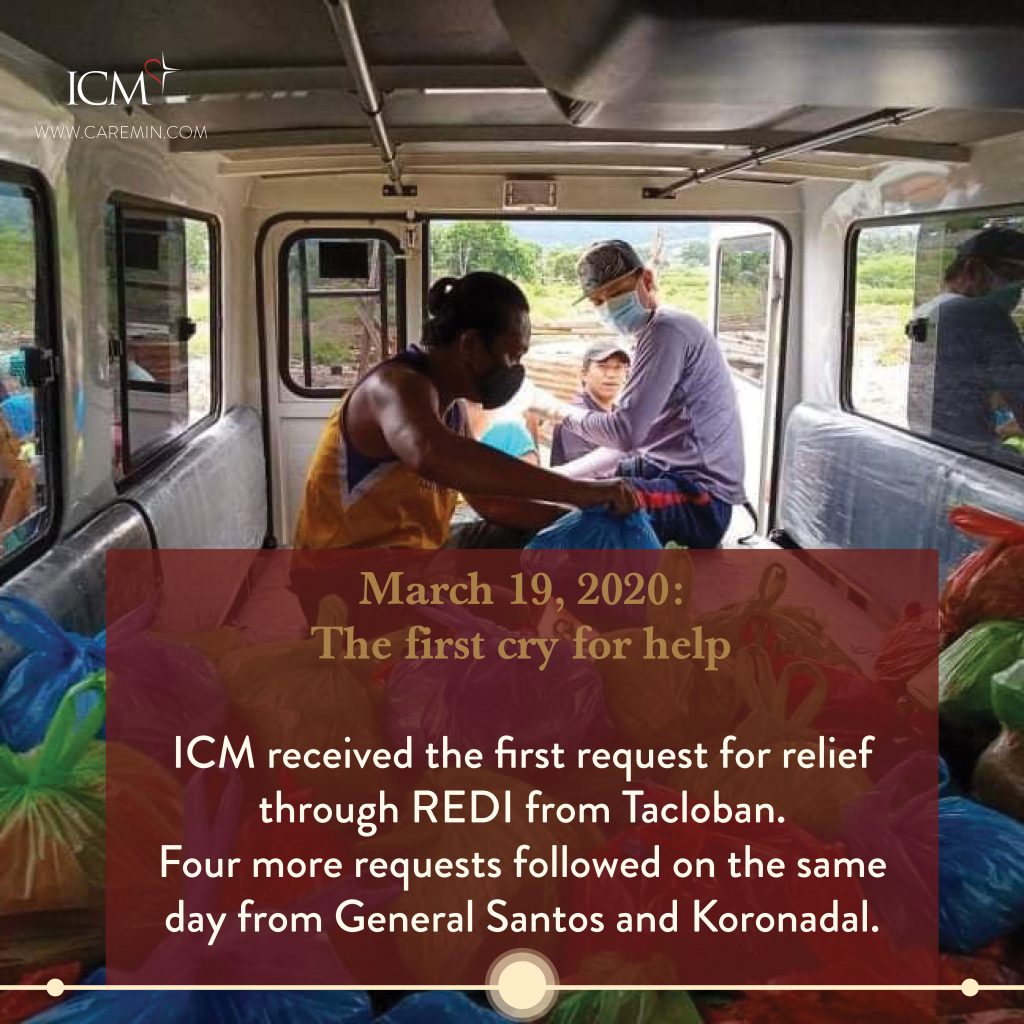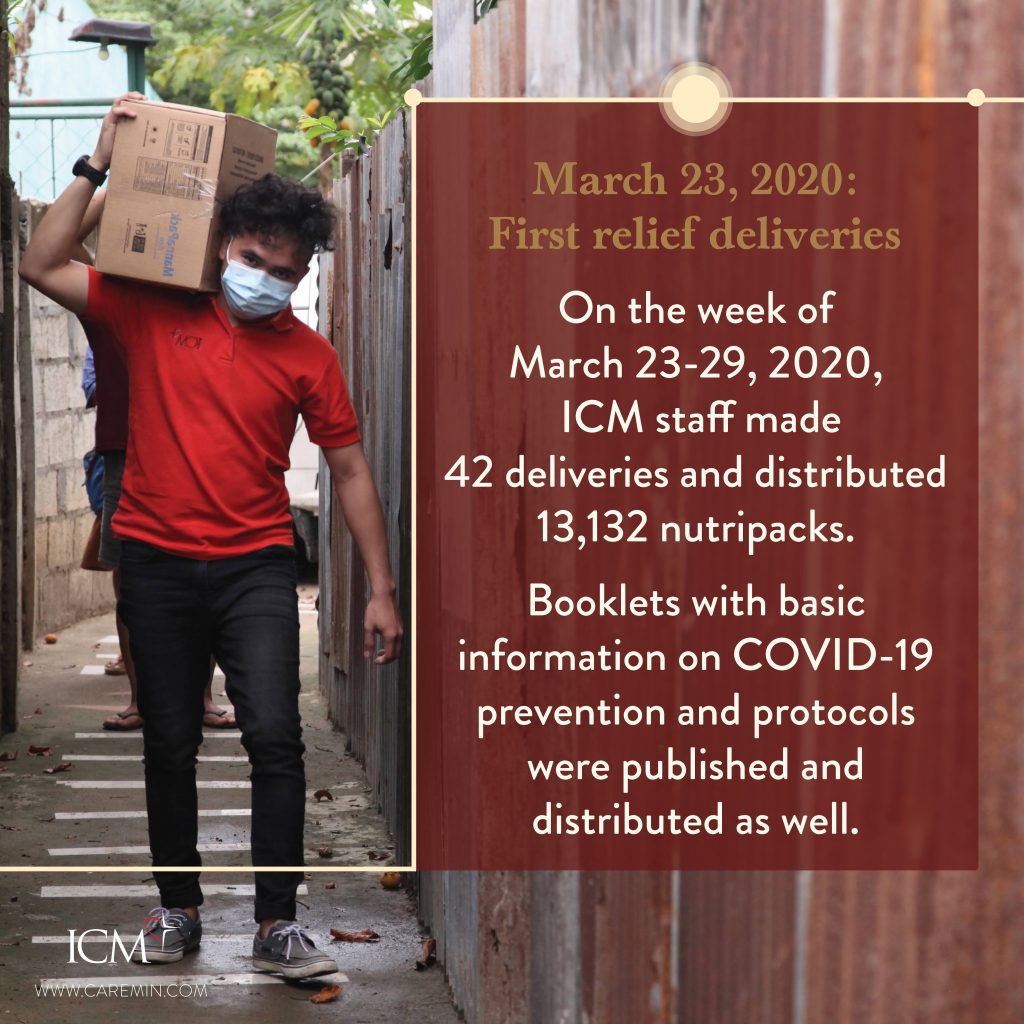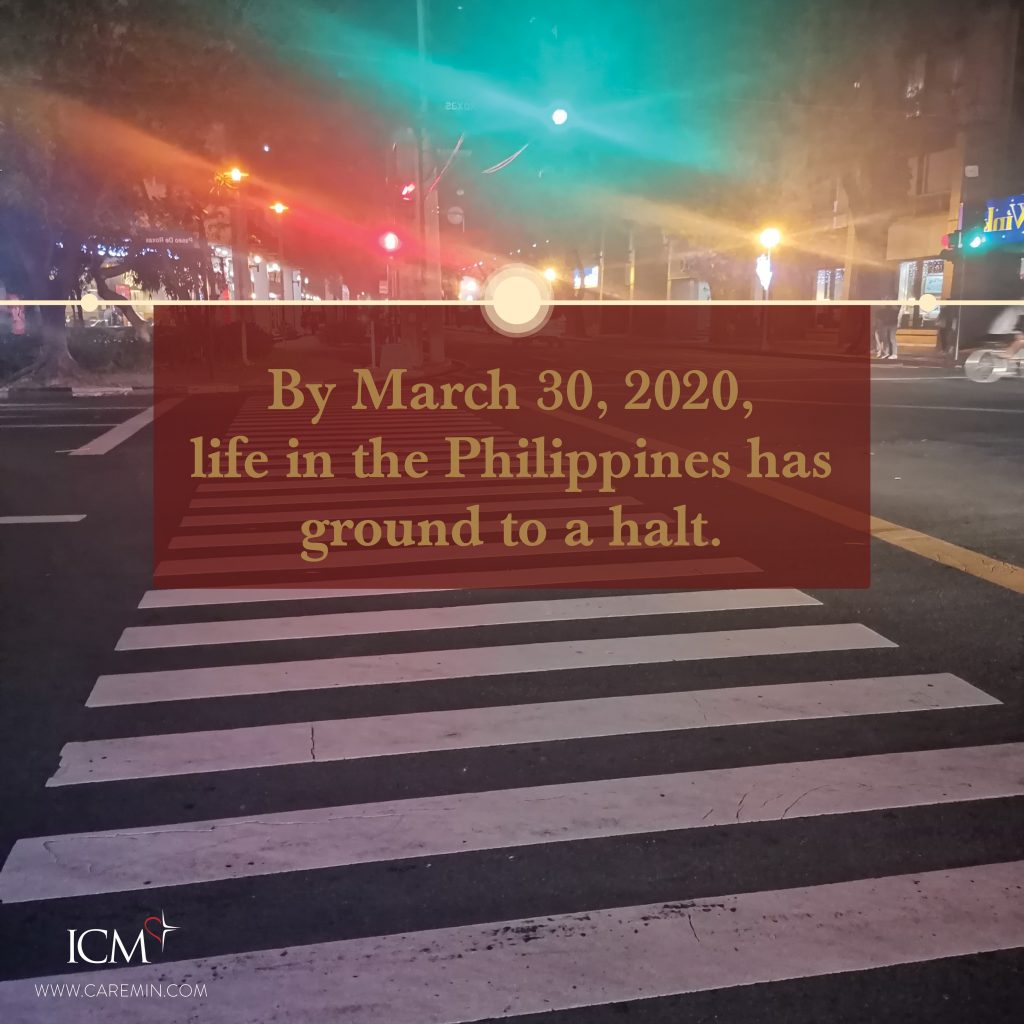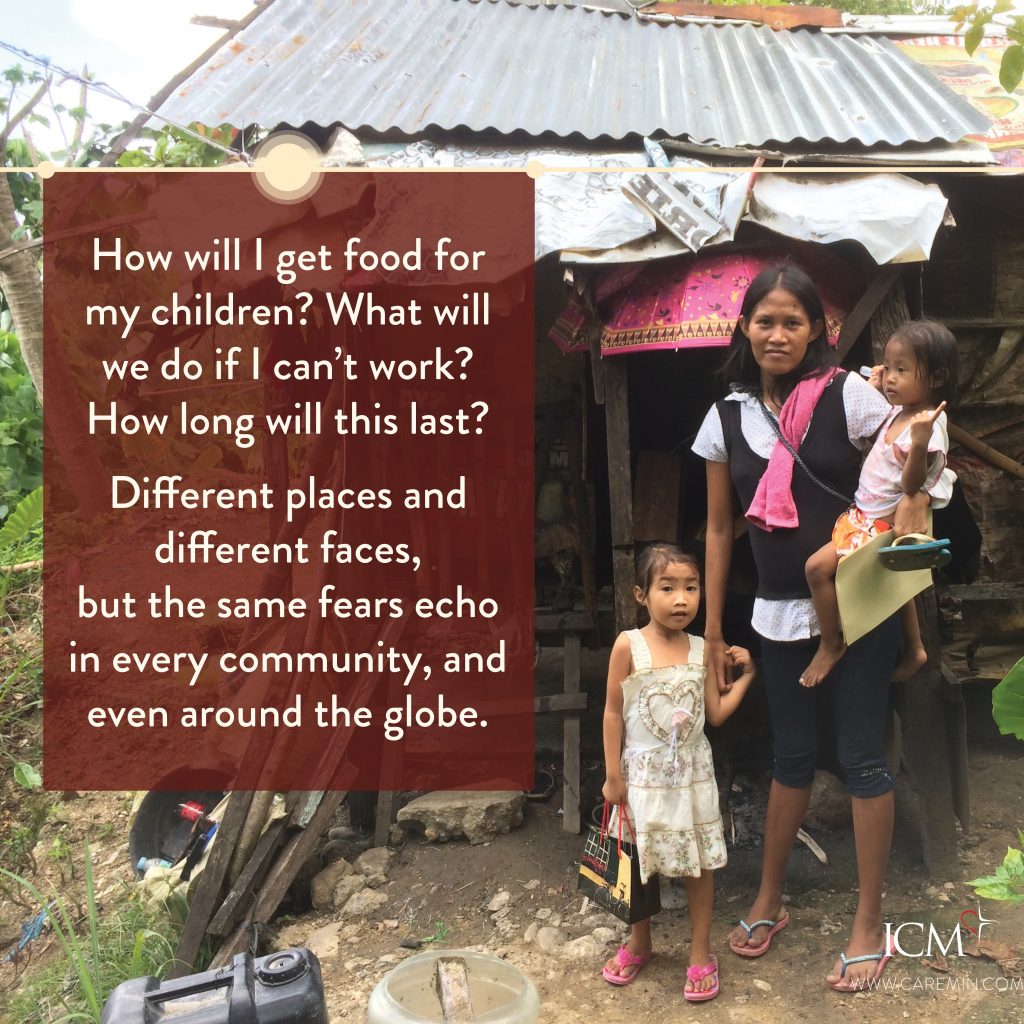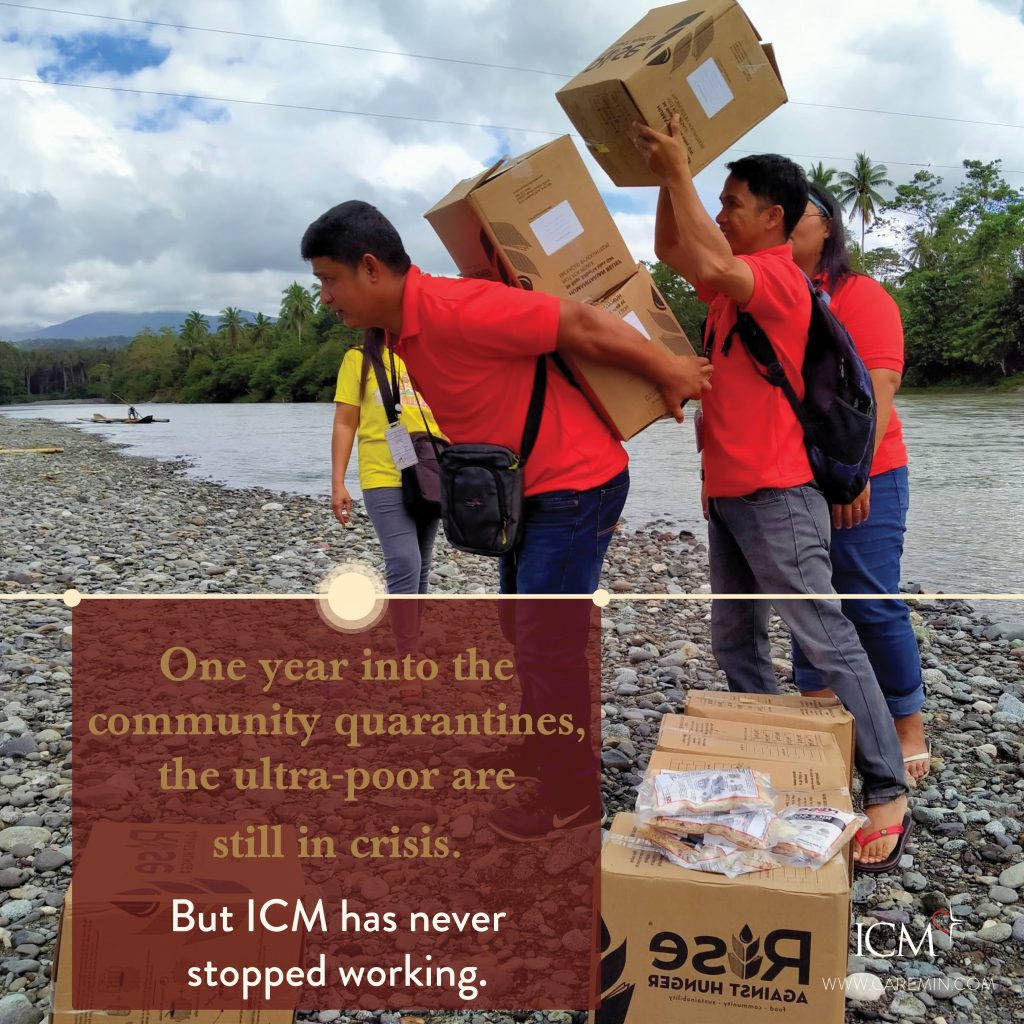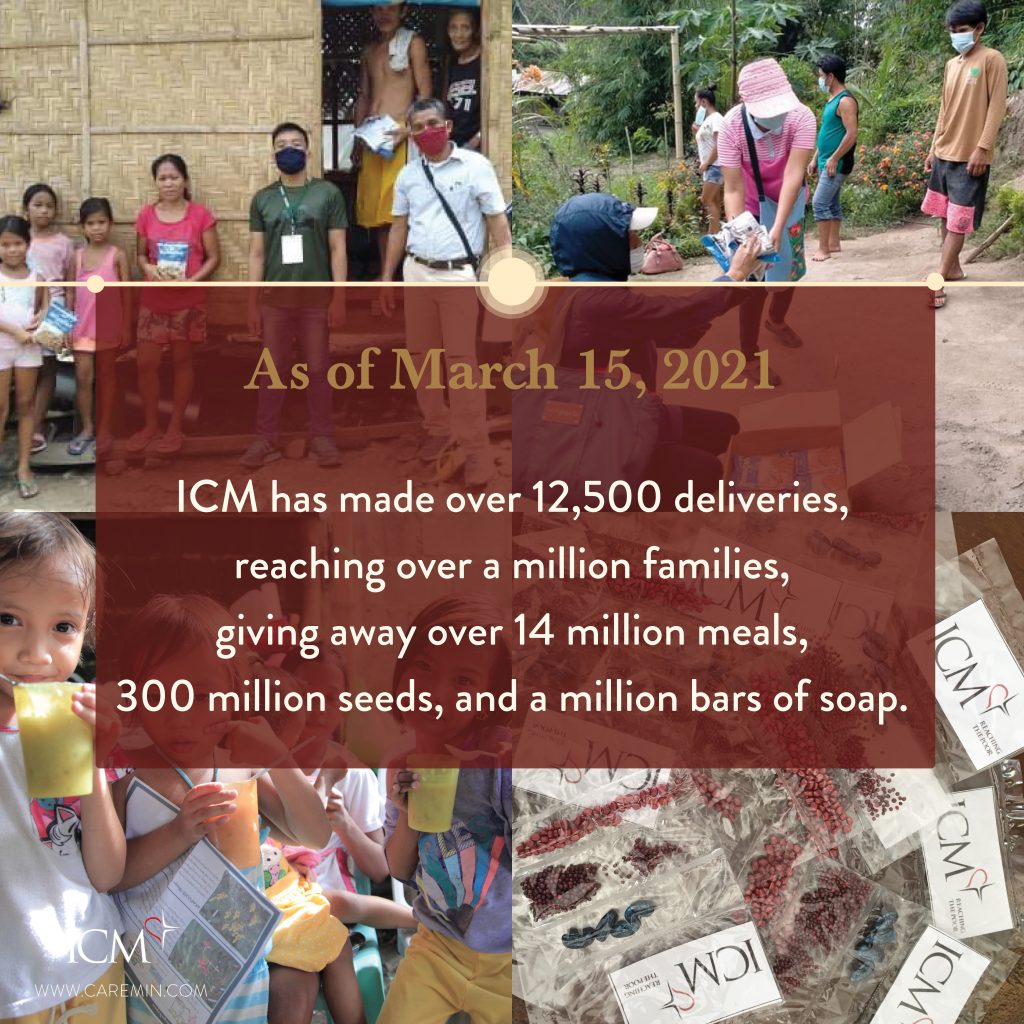COVID-19 is having a huge impact on our lives. But the effects will be even more detrimental for developing countries.
At ICM, we are part of the solution.
As of April 12, 2021:
Number of meals delivered
14,122,806
Number of seeds delivered
313,499,650
COVID-19 creates immediate problems
for those living in ultra-poverty.
Problem #1:
Lost income
One day in quarantine means no income, which means no food for the day. And very few have friends or family that can help.
Problem #2:
Cramped housing
This makes social distancing impossible. The virus can rapidly spread because of proximity.
Problem #3:
No medical help
Some live in such remote communities that if they contracted the virus there is no access to adequate medical help.
HOW WE ARE HELPING
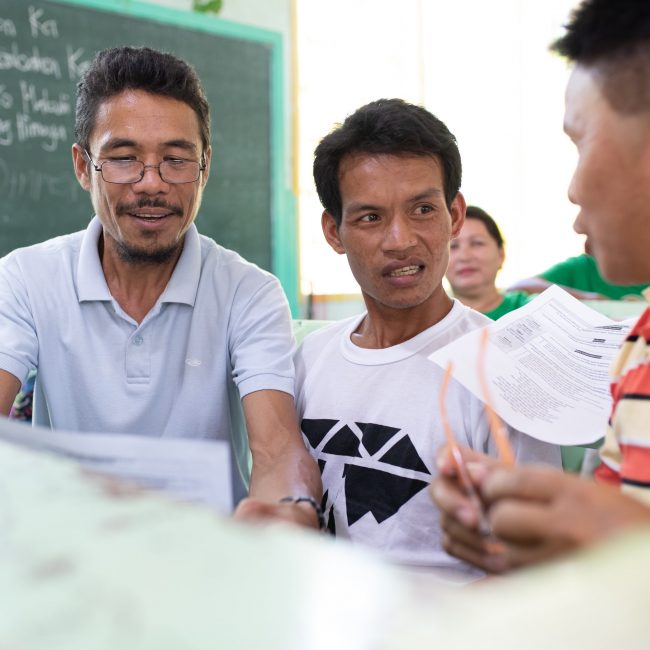
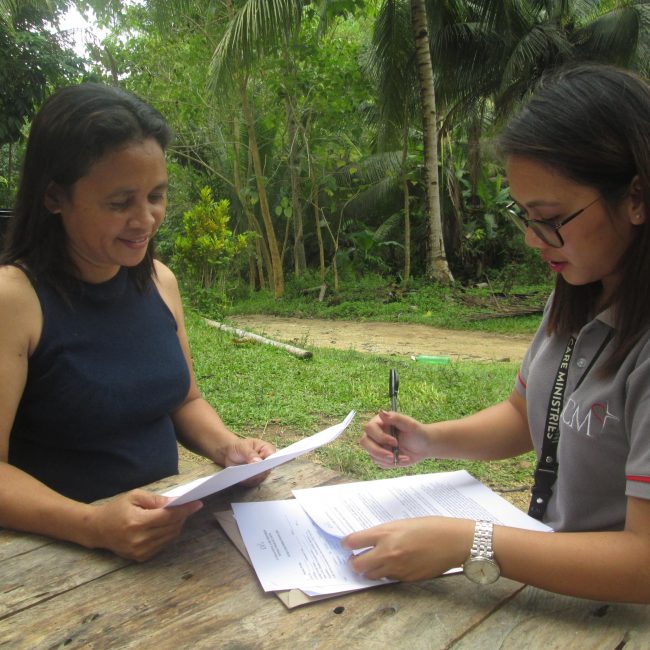
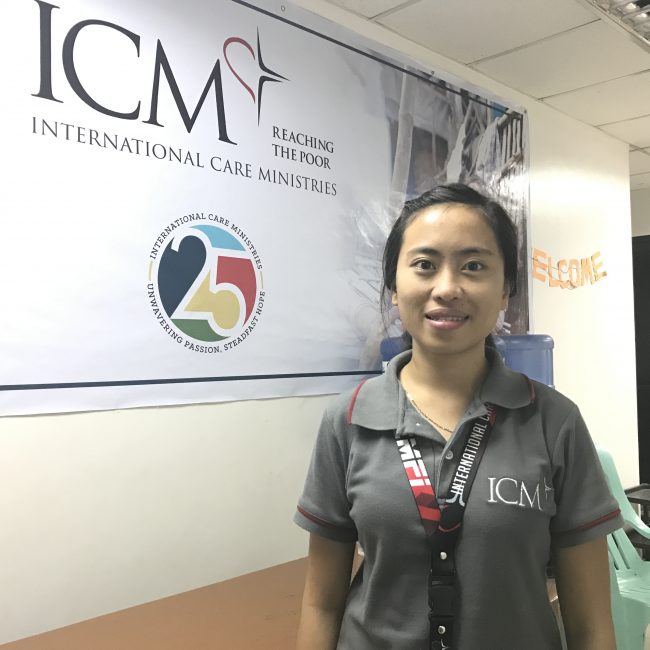
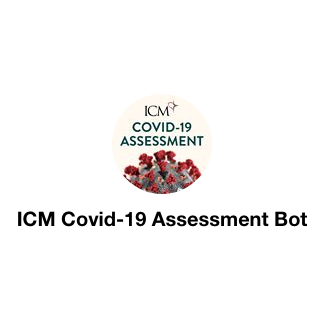
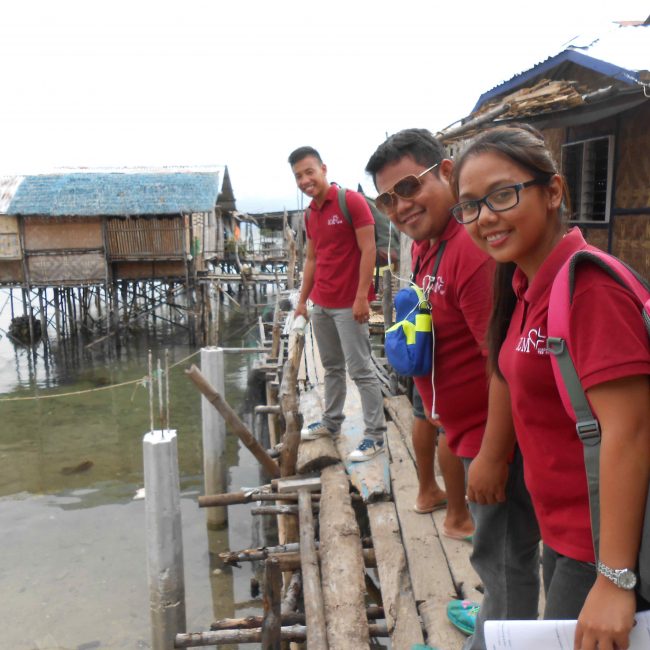
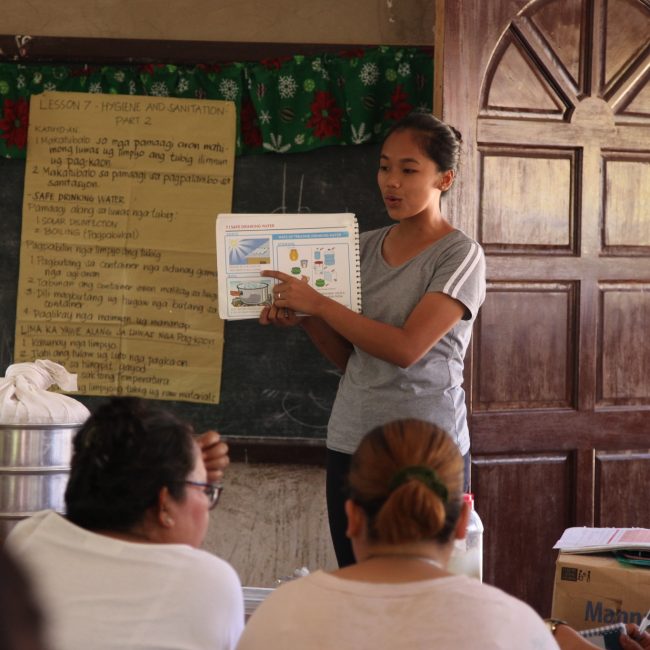
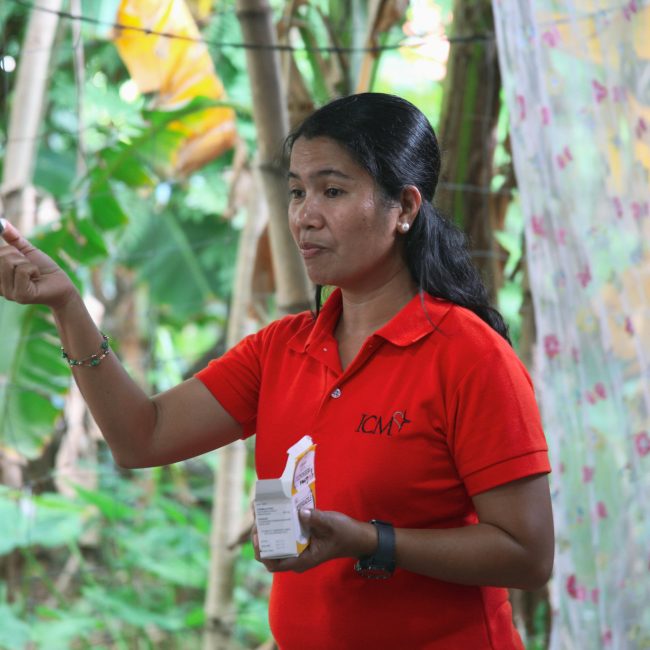
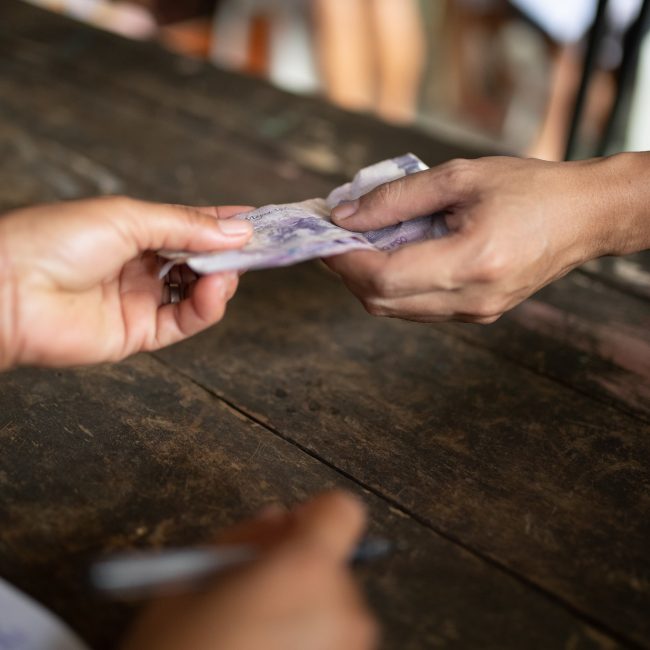
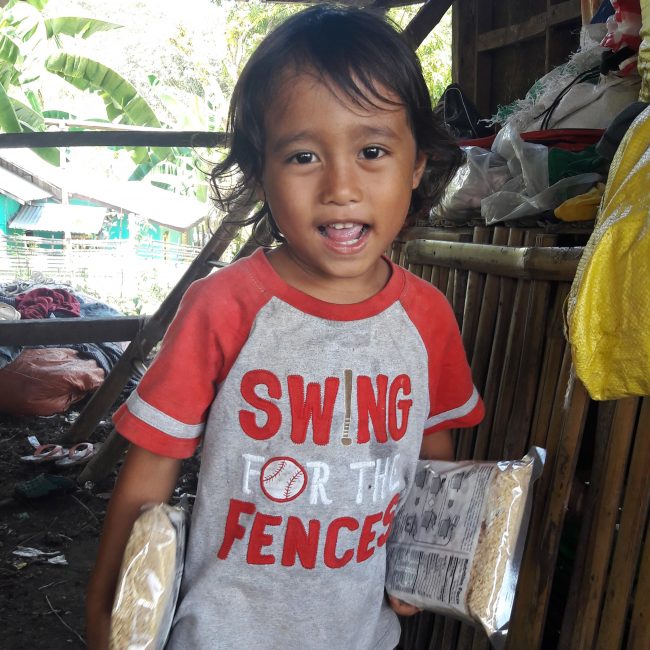
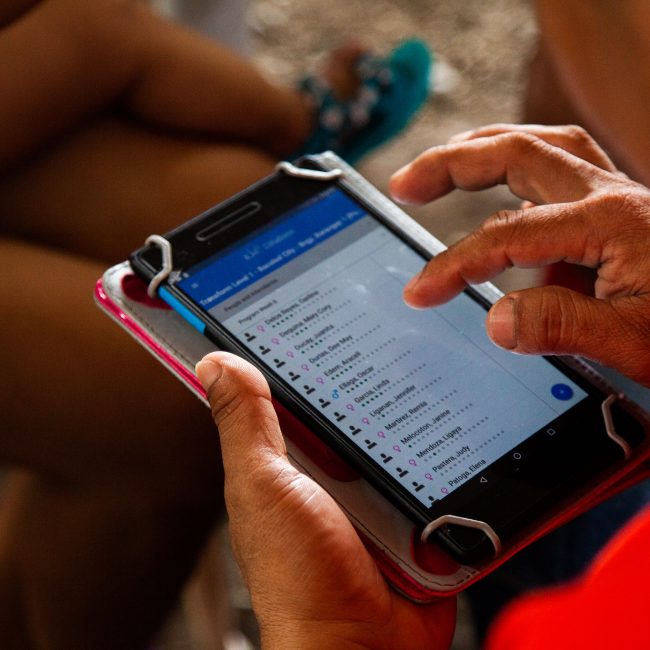
HOW WE ARE HELPING
HOW YOU CAN HELP
As you are doing your part to join in the global response to COVID-19, don’t forget about the poor in the Philippines and the poor around the world.
Give to the Fund for HOPE today!
STORIES FROM THE FIELD
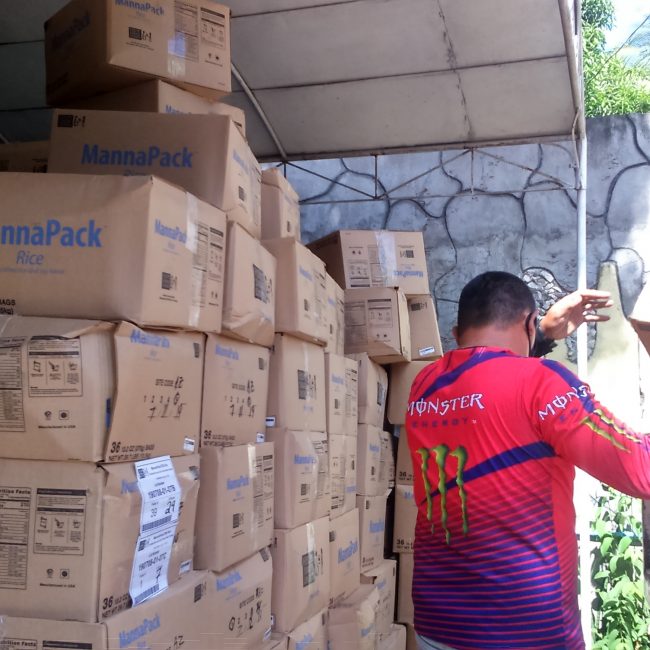
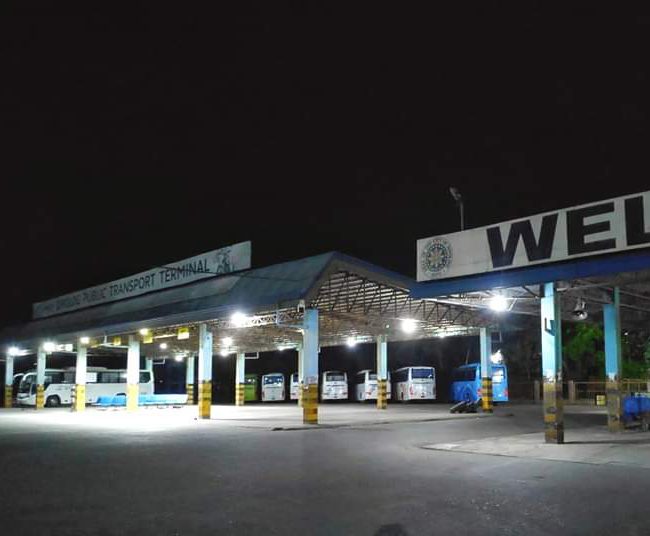
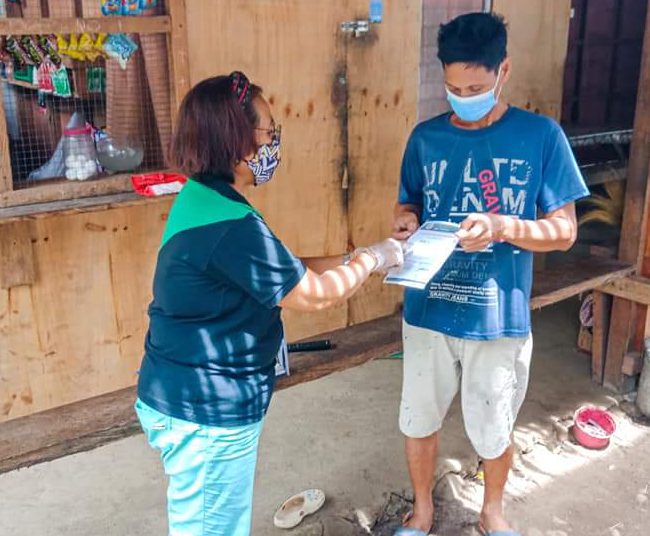
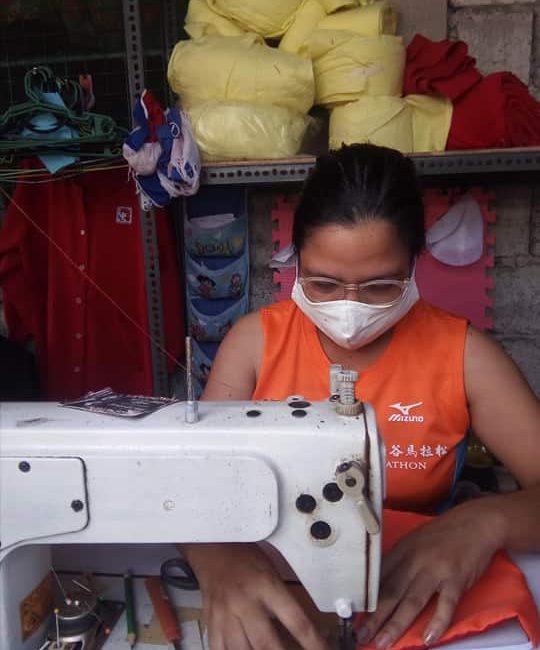
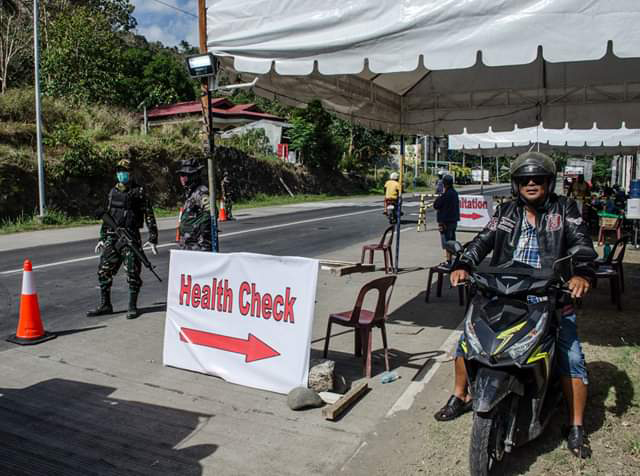
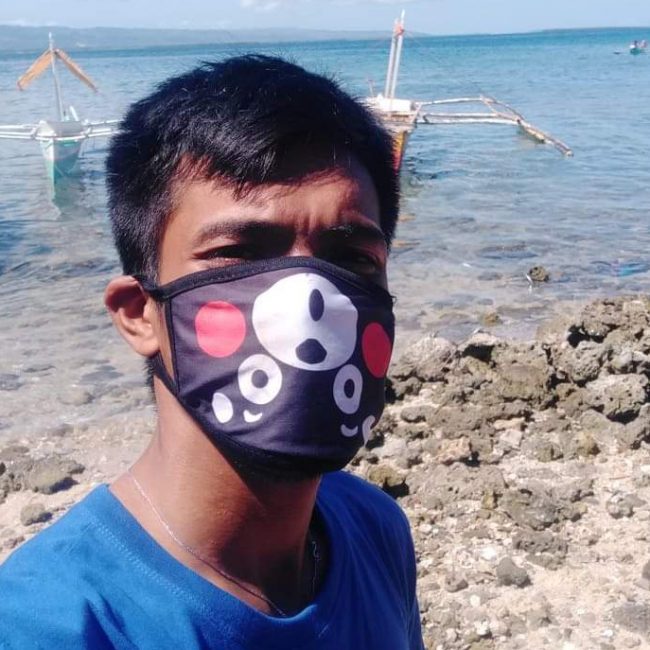
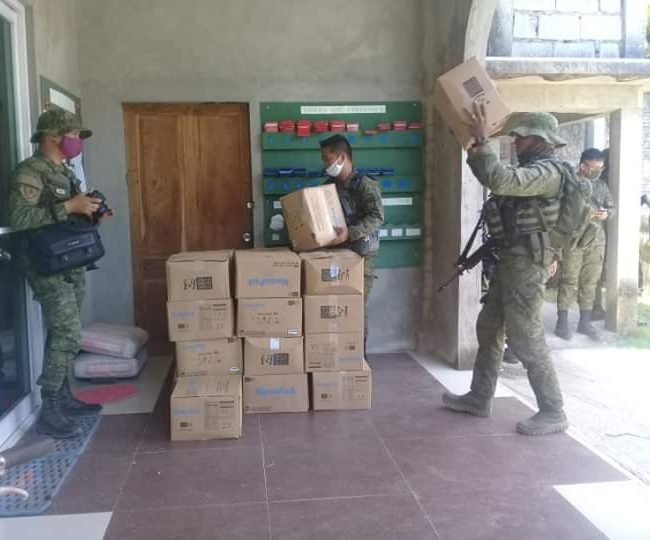
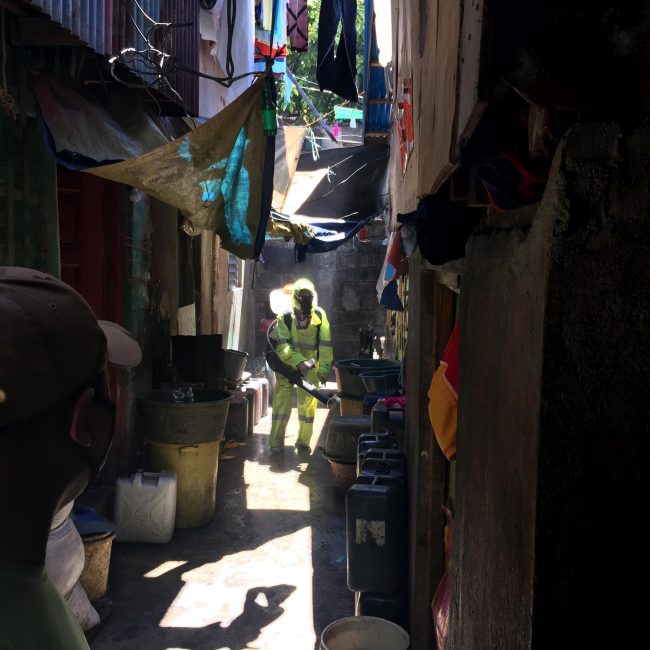
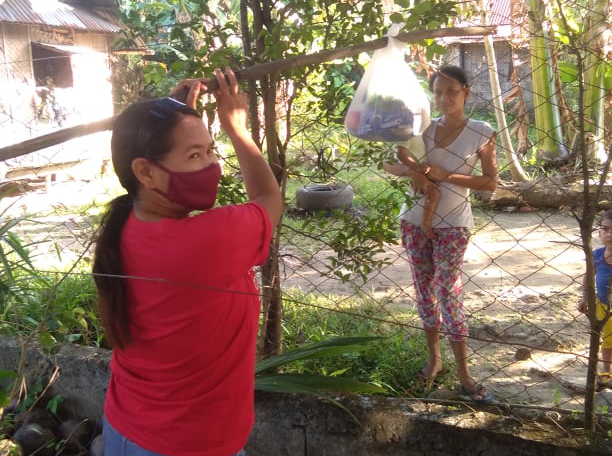
PHILIPPINES HEALTH CARE WORKERS' VIDEO TRAINING
ICM is pleased to present this five-part video training series to help equip hospitals and health care workers in the Philippines to deal with the pandemic. These guidelines were produced in partnership with University of Toronto, De La Salle University, and the University of Waterloo, Ontario.

